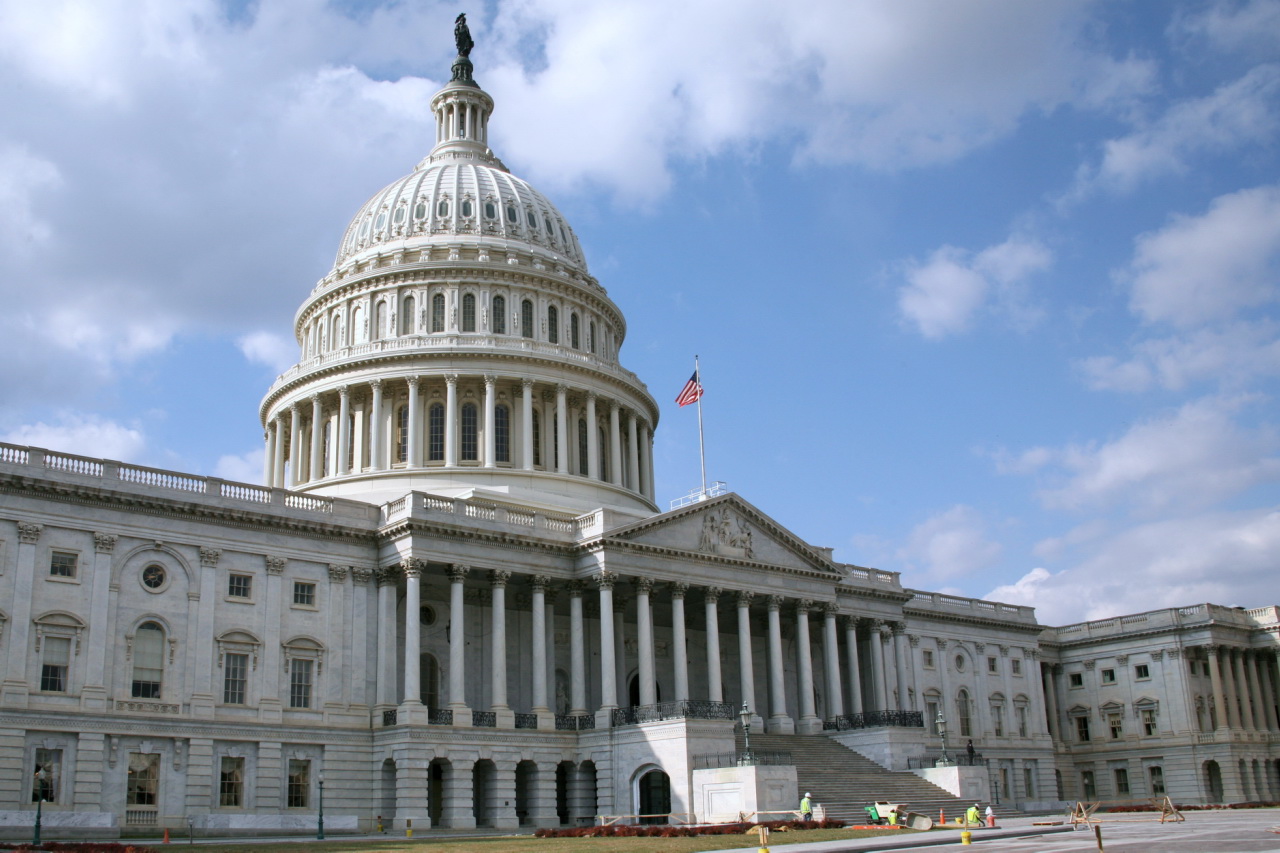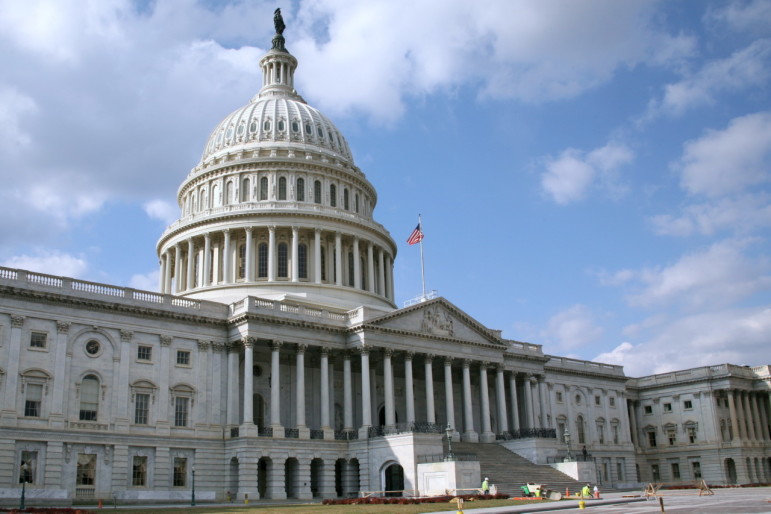WASHINGTON — Federal spending for 2016 will include some bright spots for children and youth services programs, say advocates and analysts.
The House and Senate approved last Friday omnibus spending legislation that sets funding levels across the federal government, including for after-school, homeless youth, child nutrition and juvenile justice programs.
In some cases, programs for children and youth will see budget increases under the new plan, which comes after Congress eased years of spending restrictions on those programs and others earlier this fall.
The $1.1 trillion spending agreement arrives months after the start of the fiscal year. The federal government has been operating under last year’s spending levels.
“This compromise isn’t perfect, but it’s good for children, good for families, and offers a hopeful glimpse into a more cooperative environment in Congress where America’s children have a better seat at the negotiating table,” Bruce Lesley, president of the advocacy nonprofit First Focus, said in a news release.
The House passed the measure, which also includes a package of tax provisions, by a bipartisan vote of 316 to 113, and the Senate by a bipartisan vote of 65 to 33. President Obama signed the bill into law on Friday.
[Related: Bill Would Give Former Foster Youth Early Access to Tax Credit]
The bill increases funding for the 21st Century Community Learning Centers initiative by $15 million compared with last year’s budget, just weeks after passage of the Every Student Succeeds Act that ensured the program’s continued funding.
The initiative is a grant program that provides funding for after-school care to 1.6 million low-income children. The funding increase will allow the after-school community to expand programming to 15,000 more children, according to the Afterschool Alliance.
“Our nation’s children, families, schools and communities will be better off because Congress made a commitment to the next generation and increased funds for afterschool and summer learning programs,” said Jodi Grant, executive director of the alliance in a statement.
The bill also increases funding for juvenile justice programs, though some programs did not receive any funding, such as the Juvenile Accountability Block Grant program, which received no funding for the third year in a row.
Overall, federal spending on juvenile justice programs increased to $270 million, up from $254.5 million last year. The increase is the first since 2013.
“While juvenile justice programs remain underfunded, the budget deal announced this week is a step in the right direction,” said Naomi Smoot, senior policy association at the Coalition for Juvenile Justice.
The measure also:
- preserves child nutrition standards some lawmakers had sought to eliminate;
- calls on the National Academy of Sciences to study the costs of child poverty and how to reduce by half the number of children living in poverty in a decade;
- maintains funding for mentoring programs; and
- increases funding for the first time since 2010 for the Runaway and Homeless Youth Act, which provides street outreach programs, temporary housing, crisis intervention, and transitional living programs. The program will receive $119 million, up 4 percent from last year.
More related articles:
Education Bill Would Preserve Dedicated 21st Century Community Funding
Senators Push to Keep Kids Out of Foster Care




























